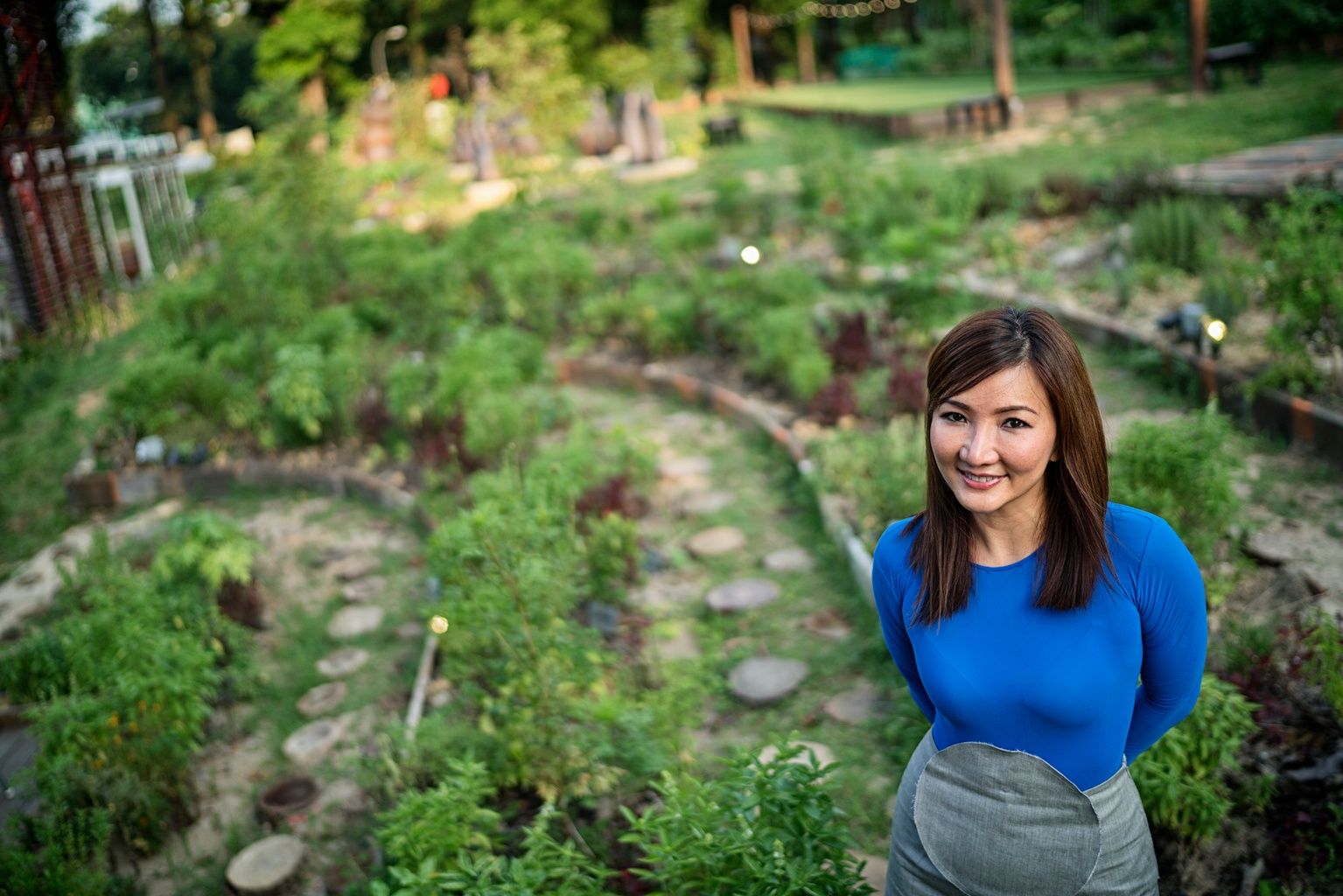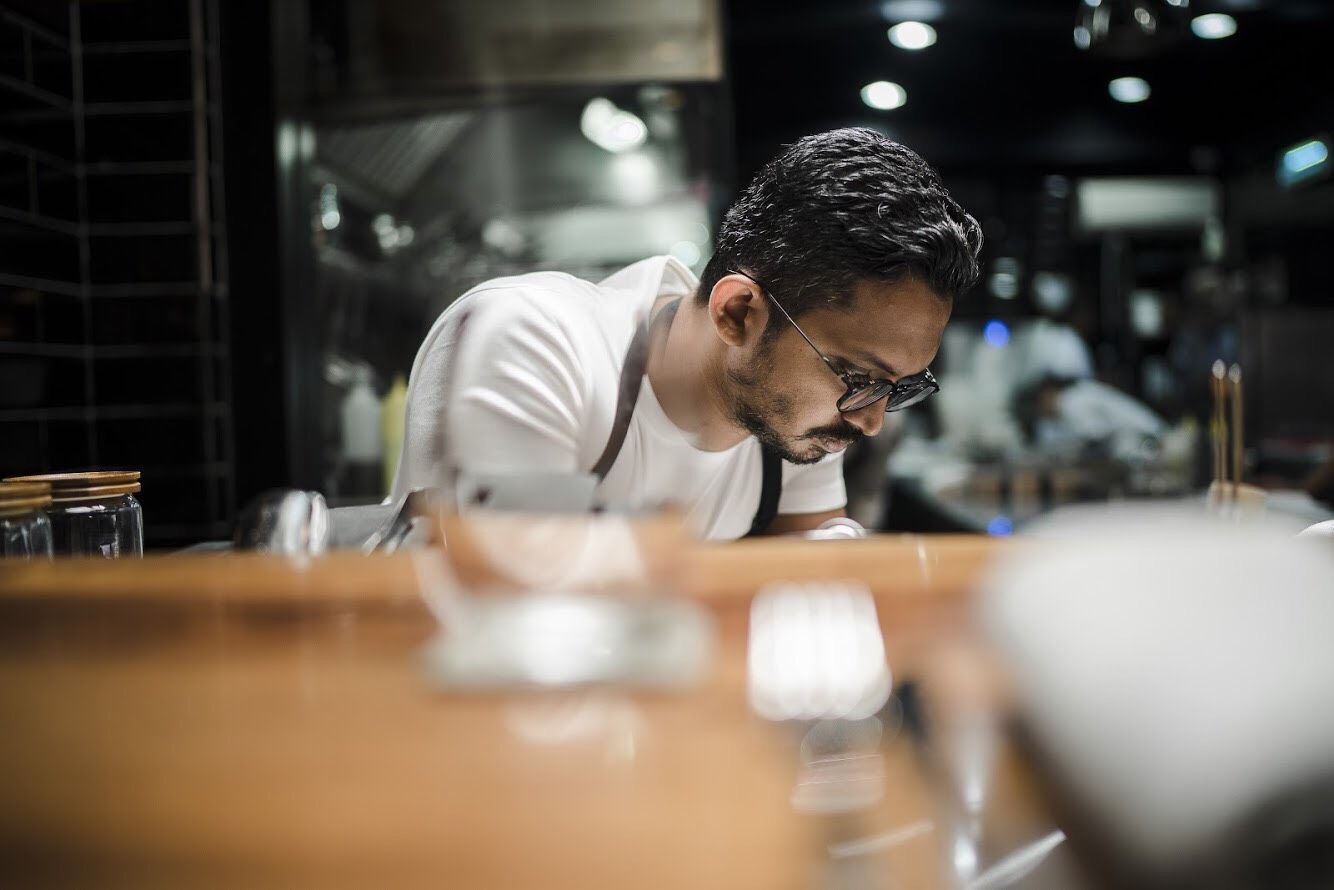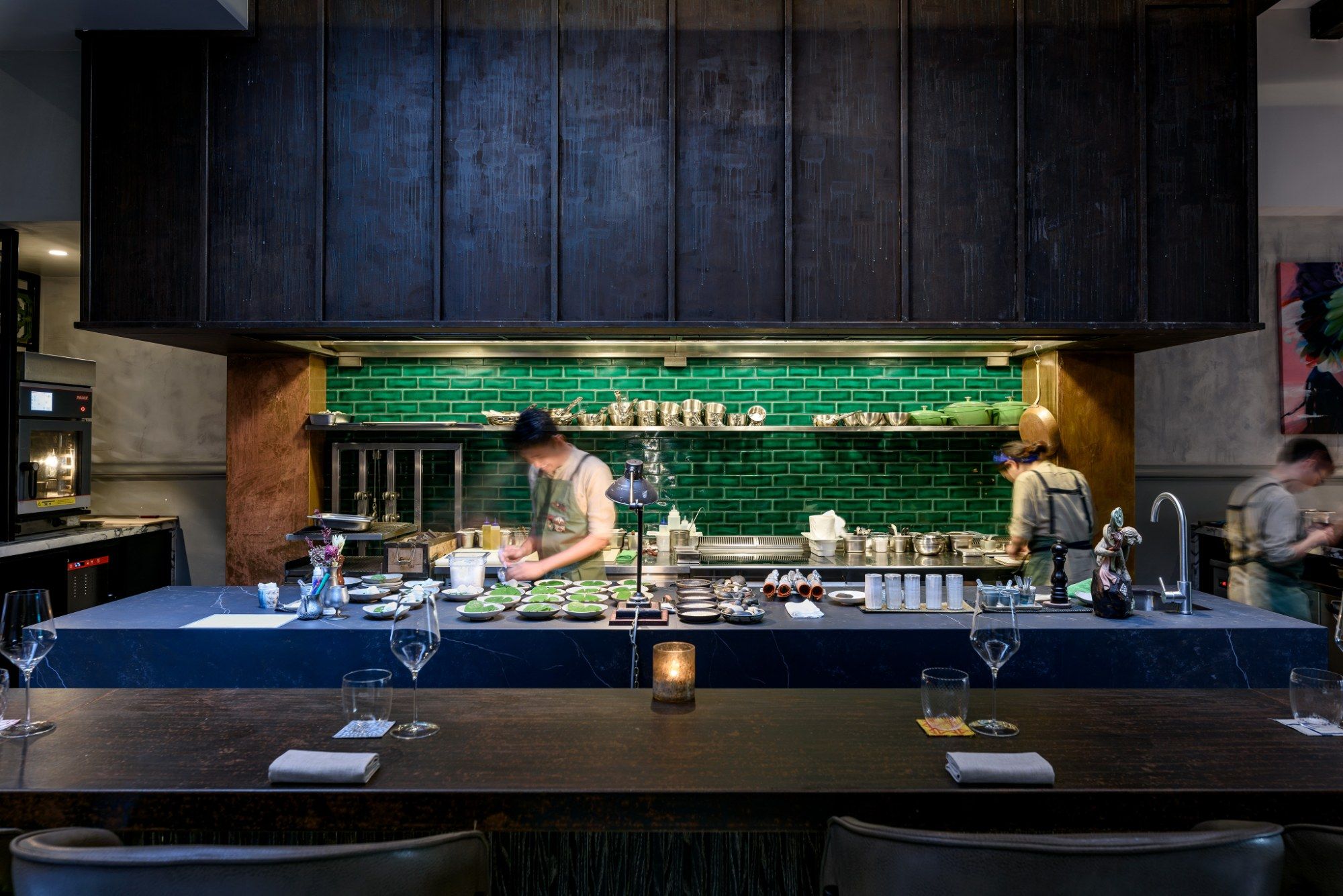In the age of safe distancing and belt-tightening, Singapore's F&B industry says it is hanging by a thread. Is there light at the end of the tunnel?
Alittle more than a week ago, Olivier Bendel cut a dispirited figure in his empty restaurant overlooking the Singapore River. It had been almost three months since Covid-19 hit our shores, keeping a significant portion of the workforce at home and annulling events of any kind, in turn slashing business at restaurants by up to 80 per cent.
As stricter safe distancing mandates drove the proverbial knife further into the food and beverage industry’s gaping wound, many like Bendel, CEO of Deliciae Hospitality Management, expressed that they were just weeks away from going belly up if the government did not step in to provide support.
Mercifully, two days later on March 26, Deputy Prime Minister Heng Swee Keat announced a 50 per cent wage offset for local employees in food and beverage firms and a waiver on property tax for the year as part of Singapore’s Resilience Budget.
A considerably chirpier Bendel, whose firm manages restaurants like Riviera Forlino at One Fullerton and Sabio by the Sea at Sentosa Cove, took to Facebook, writing: “It’s tough and will be tough, but so proud to be Singaporean!” That evening, on the phone, Bendel’s relief was palpable. “[The measures] are going to help us a lot,” he told CNA Luxury. “But it might not be enough. What we need is for landlords to help now.”



